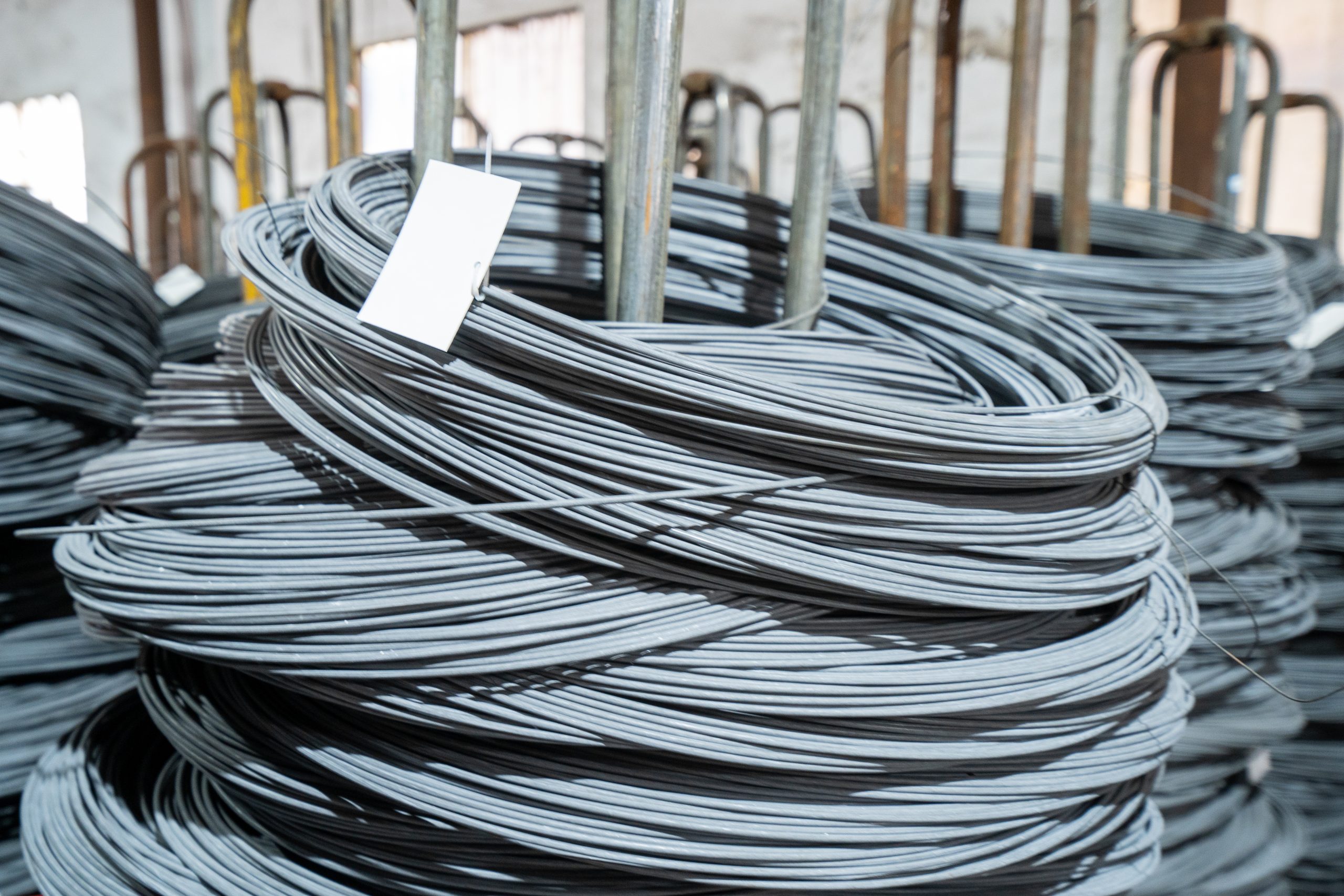Table of Contents
Pros and Cons of Using Aluminium for Corrosion Resistance
When it comes to choosing materials for corrosion resistance, two popular options are aluminium and galvanised steel. Both have their own set of pros and cons, and understanding these can help you make an informed decision for your specific needs.
Aluminium is known for its excellent corrosion resistance, making it a popular choice for a wide range of applications. One of the main advantages of aluminium is its natural Oxide layer, which forms on the surface of the metal and acts as a protective barrier against corrosion. This oxide layer is self-repairing, meaning that if it is damaged, it will quickly reform, providing continued protection against corrosion.
Another benefit of aluminium is its lightweight nature, which makes it easy to work with and transport. This can be particularly advantageous in industries where weight is a concern, such as aerospace or automotive manufacturing. Additionally, aluminium is highly recyclable, making it an environmentally friendly choice for those looking to reduce their carbon footprint.
However, there are also some drawbacks to using aluminium for corrosion resistance. One of the main concerns is its relatively low strength compared to other metals, such as steel. This can limit its use in applications where high strength is required, as it may not be able to withstand heavy loads or extreme conditions.
In addition, aluminium can be more expensive than other materials, such as galvanised steel. This cost factor can be a deterrent for some industries, especially those operating on tight budgets. It is important to weigh the benefits of aluminium against its higher price tag to determine if it is the right choice for your specific needs.
On the other hand, galvanised steel is another popular option for corrosion resistance. Galvanised steel is steel that has been coated with a layer of Zinc, which provides protection against corrosion. The zinc acts as a sacrificial anode, corroding before the steel does, thereby extending the lifespan of the metal.
One of the main advantages of galvanised steel is its high strength and durability. This makes it a popular choice for applications where heavy loads or harsh conditions are present, such as in construction or infrastructure projects. Galvanised steel is also relatively low cost compared to other materials, making it an attractive option for those looking to save money without sacrificing quality.

However, there are also some drawbacks to using galvanised steel for corrosion resistance. One of the main concerns is its weight, which can be a disadvantage in industries where weight is a critical factor. Additionally, the zinc coating can wear off over time, leaving the steel vulnerable to corrosion if not properly maintained.
In conclusion, both aluminium and galvanised steel have their own set of pros and cons when it comes to corrosion resistance. Aluminium is known for its excellent corrosion resistance and lightweight nature, while galvanised steel offers high strength and durability at a lower cost. It is important to carefully consider your specific needs and budget when choosing between these two materials to ensure that you select the best option for your project.
Benefits of Customizable Galvanised Steel for Corrosion Protection
When it comes to choosing the right material for corrosion protection, there are several options available in the market. Two popular choices are aluminium and customizable galvanised steel. While both materials offer corrosion resistance, there are distinct advantages to using customizable galvanised steel for this purpose.
One of the key benefits of customizable galvanised steel is its superior durability. Galvanised steel is coated with a layer of zinc, which acts as a sacrificial anode to protect the underlying steel from corrosion. This means that even if the coating is scratched or damaged, the steel underneath will still be protected. In contrast, aluminium does not have this sacrificial protection, making it more susceptible to corrosion if the surface is compromised.
Another advantage of customizable galvanised steel is its versatility. Galvanised steel can be customized to suit a wide range of applications, from Industrial Machinery to architectural structures. The zinc coating can be applied in different thicknesses to provide varying Levels of corrosion protection, making it a versatile choice for a variety of projects. In comparison, aluminium is limited in its customization options, as it is typically used in its natural form without additional coatings.
In addition to its durability and versatility, customizable galvanised steel is also cost-effective. The initial cost of galvanising steel may be higher than using aluminium, but the long-term savings are significant. Galvanised steel requires minimal maintenance and has a longer lifespan than aluminium, reducing the need for frequent repairs or replacements. This makes it a cost-effective choice for projects that require long-term corrosion protection.
Furthermore, customizable galvanised steel is environmentally friendly. The zinc coating used in galvanising is a natural element that is fully recyclable. This means that at the end of its lifespan, galvanised steel can be recycled and reused, reducing waste and conserving resources. In contrast, aluminium production is energy-intensive and has a higher carbon footprint, making it less environmentally friendly than galvanised steel.
Overall, customizable galvanised steel offers several benefits for corrosion protection compared to aluminium. Its superior durability, versatility, cost-effectiveness, and environmental friendliness make it a preferred choice for a wide range of applications. Whether you are looking to protect industrial equipment, structural components, or architectural features, customizable galvanised steel provides a reliable and long-lasting solution for corrosion protection.
In conclusion, when considering materials for corrosion protection, customizable galvanised steel stands out as a superior choice. Its durability, versatility, cost-effectiveness, and environmental friendliness make it a preferred option for a variety of projects. By choosing customizable galvanised steel, you can ensure that your assets are well-protected against corrosion for years to come.

